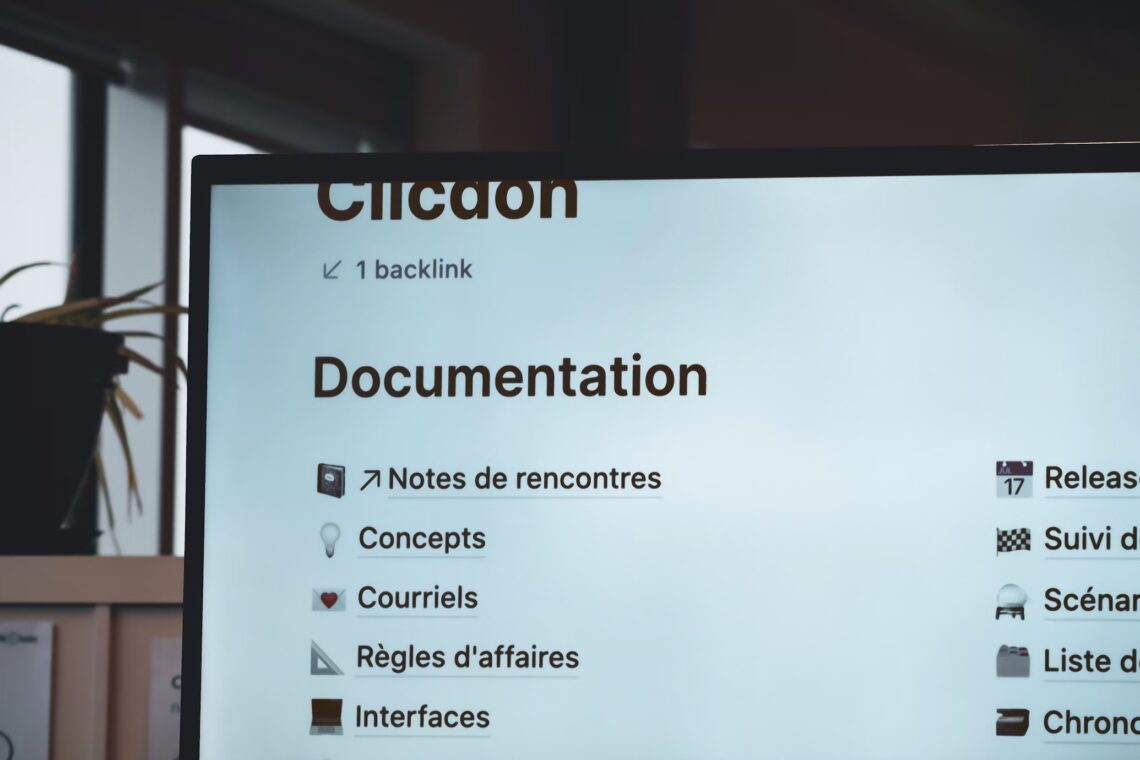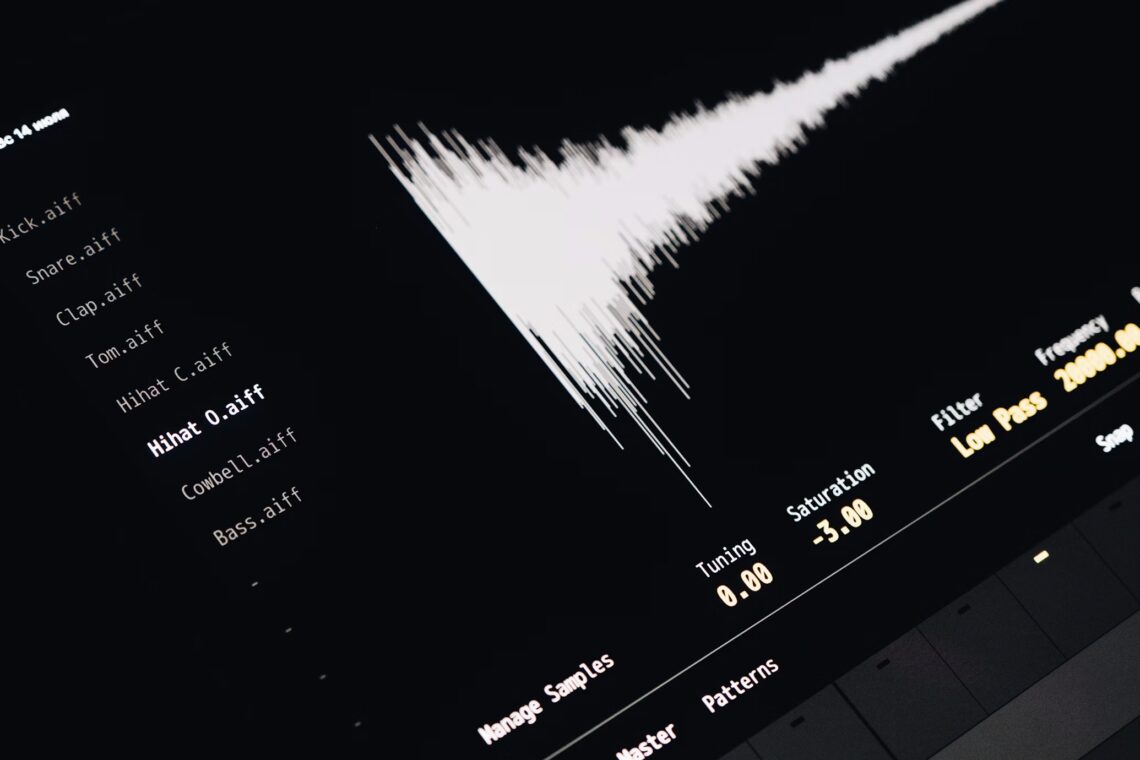Every enterprise that runs critical voice AI systems eventually faces one defining question — what happens when things go wrong? A failed cloud zone. A corrupted model checkpoint. A power outage at the wrong time. It’s not if, but when. Building an intelligent voice AI disaster recovery plan isn’t just…
-
-
Voice AI Testing Strategies: Quality Assurance and Validation
Most voice AI testing strategies fail not because of poor intent accuracy, but because teams test too narrowly.They validate speech recognition and language models — yet forget the orchestration layers, API dependencies, and the real-world chaos of customer speech. In reality, testing voice AI systems is more like tuning an…
-
Voice AI Documentation: Best Practices for Technical Teams
Every scalable voice AI implementation begins not with code, but with documentation. It’s the unsung layer that decides whether your product evolves smoothly — or collapses under complexity. As teams grow and features expand, poor documentation becomes the silent killer of velocity. APIs go misunderstood. Voice logic gets re-engineered from…
-
Voice AI Team Structure: Roles and Responsibilities
Here’s the uncomfortable truth: most voice AI initiatives fail not because of bad technology — but because of poor team design. In 2025, deploying a voice AI platform isn’t a “tech project.” It’s a cross-functional initiative that blends engineering, data science, linguistics, design, and customer experience. Yet too many organizations…
-
Voice AI Maintenance: Keeping Your System Running Smoothly
It’s one thing to deploy a voice AI system. It’s another to keep it consistently performing after launch.That’s where most businesses stumble — not in building, but in maintaining. Think of it like running a fleet of self-driving cars. Each one performs beautifully on day one… until traffic conditions, road…
-
Voice AI Integration APIs: A Developer’s Complete Reference
If you’ve ever tried to integrate Voice AI into a real-world application, you already know — the documentation never tells the full story.Endpoints exist, sure. But the orchestration, the sequencing, the debugging — that’s where the real learning happens. This guide is for developers and architects who want to go…
-
Multi-Language Voice AI: Technical Challenges and Solutions
Enterprises today rarely operate in one language. Whether you’re a bank in Singapore, an e-commerce brand in Europe, or a logistics firm in the Middle East—your customers expect seamless service in their language, accent, and idiom.That’s where multi-language voice AI enters the scene—and where the complexity truly begins. While multilingual…
-
The Role of Natural Language Processing in Modern Voice Agents
Have you ever spoken to a voice assistant that actually understood what you meant—tone, intent, and all? Not just the words, but the reason behind them?That’s the magic (and science) of Natural Language Processing, or NLP. In the world of modern voice AI, NLP isn’t just another component—it’s the beating…
-
Voice AI Security: Protecting Conversations in Enterprise Deployments
If there’s one thing I’ve learned after watching three decades of enterprise tech rollouts—it’s that security becomes an afterthought right after success. You ship your MVP, it scales, customers love it, and then someone finally asks, “Wait… where’s this voice data going?” And just like that, your engineering roadmap turns…
-
Building Scalable Voice AI: From MVP to Enterprise
Building Scalable Voice AI: From MVP to Enterprise Every enterprise starts small—an idea, a pilot, a prototype that just about works. But scaling voice AI from that proof-of-concept to an enterprise-grade system? That’s where the real engineering begins. Most companies underestimate the leap. The difference between a voice AI MVP…










